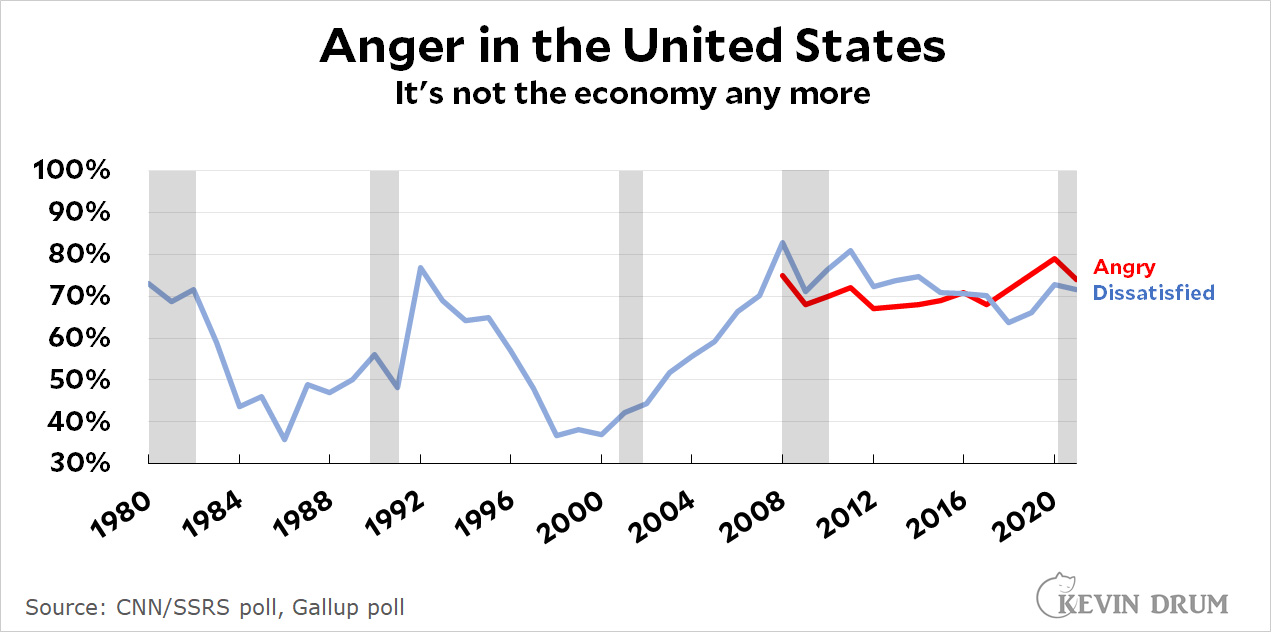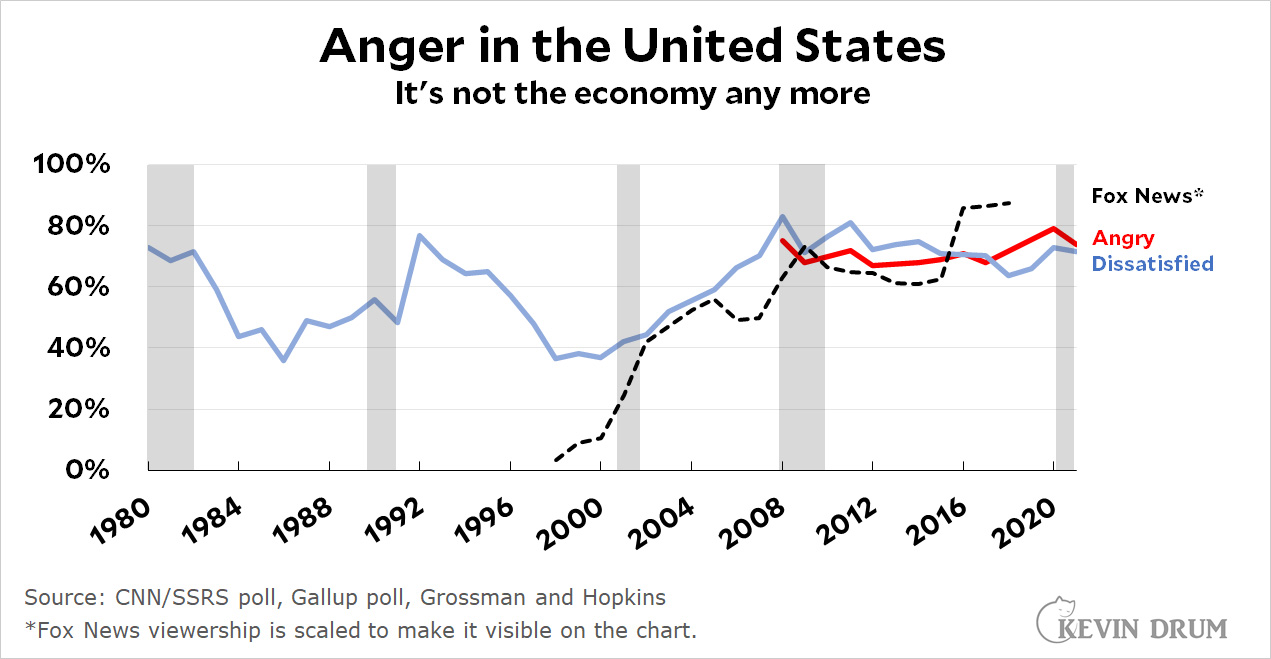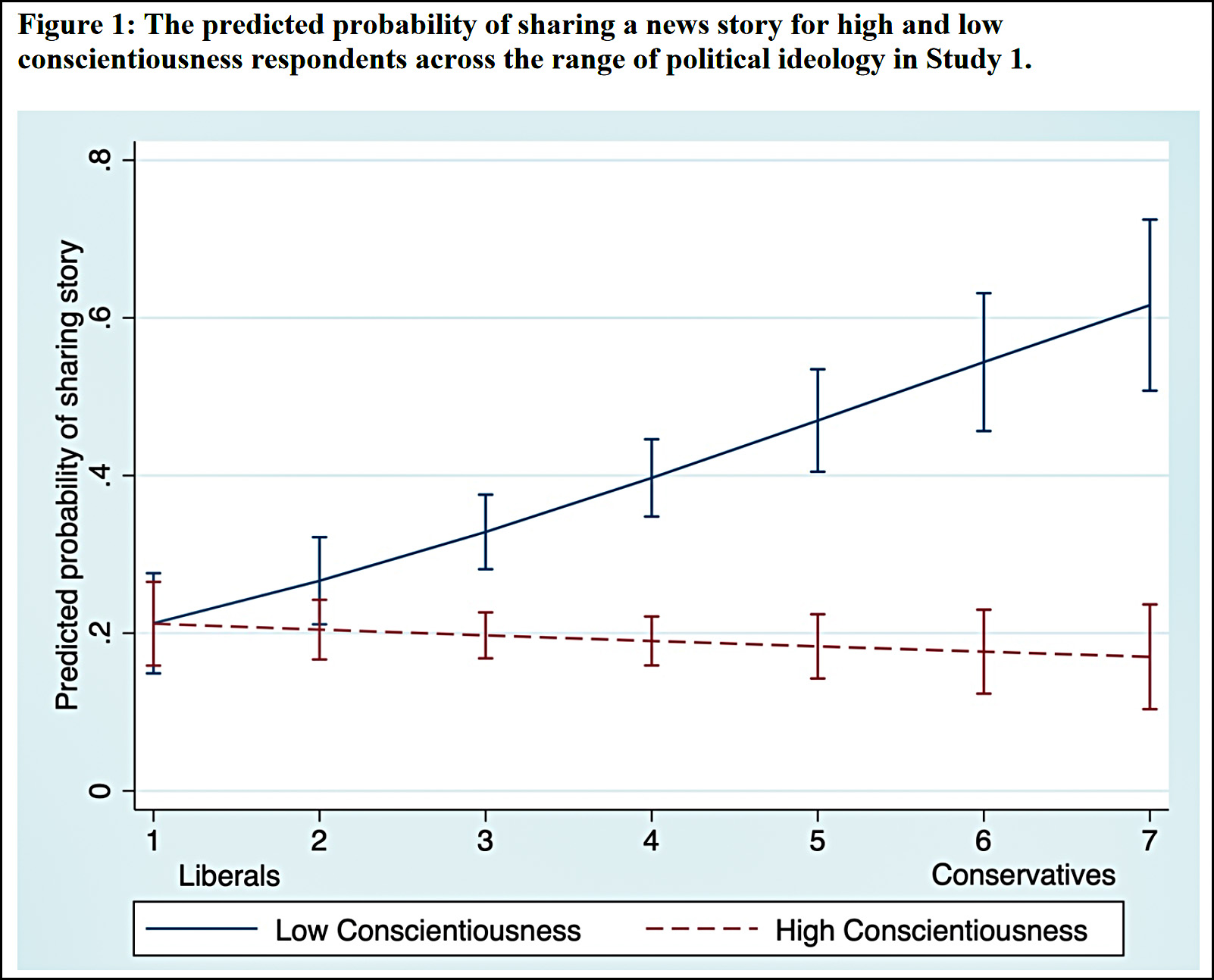I got curious about something yesterday: back on June 3, when Abbott shuttered a factory making home COVID test kits, did anyone raise a red flag? Did anyone yell and scream that we needed to keep producing them in case we had another COVID surge? Or is all the carping we hear today just 20/20 hindsight?
So I took a look. There was a White House press conference that day about COVID vaccines, but nobody mentioned home test kits. A bit of googling brought up nothing no matter what search terms I used. The front page of the New York Times said nothing about it during the following week. In fact, over the next month the Times ran only one article that even mentioned testing: a story about Germany using rapid testing as part of its strategy to beat the pandemic:
While rapid tests are available in other countries, they are not necessarily a cornerstone of the day-to-day reopening strategy.
In the United States, antigen tests are widely available, but they are not part of any national testing strategy. In New York City, a few cultural venues, like the Park Avenue Armory, offer rapid antigen testing on site as an alternative to proving vaccination status in order to gain entry, but that is uncommon. Widespread vaccination has also limited the demand for rapid tests.
That's pretty mild mannered, isn't it?
I have the same question about N95 masks, but I'm not going to bother searching for that. I'll bet nobody was screaming about masks either.
If there were lots of experts taking to the airwaves to warn that we needed more N95 masks and rapid tests in case COVID surged again, that would be one thing. Then it would be perfectly reasonable to slam the federal government for not doing its job.
But if nobody was warning about it, why would we expect the government to make it a priority? Complaining about it now is just a case of frustration looking for a scapegoat.
Six months or a year from now we'll probably find ourselves short of something else. So this is your chance: tell us what it will be. Unless you can do that—or, more to the point, unless our experts can do that—you should just shut up when the shortage finally emerges.






